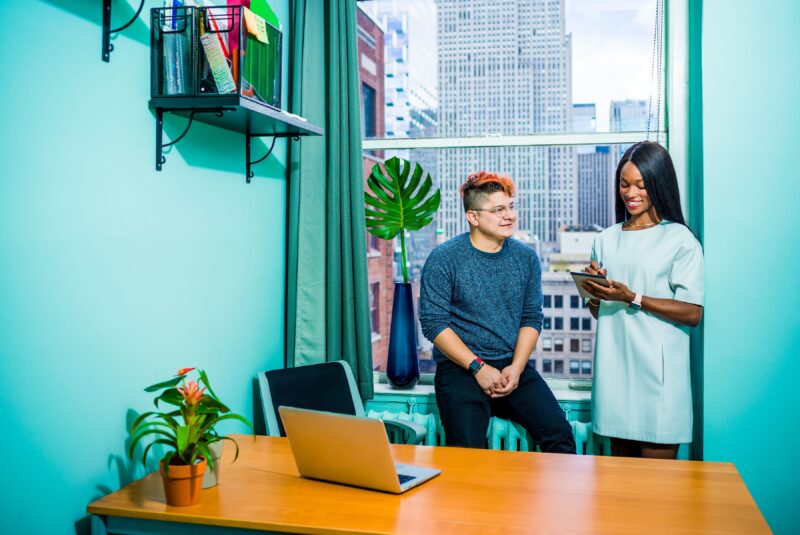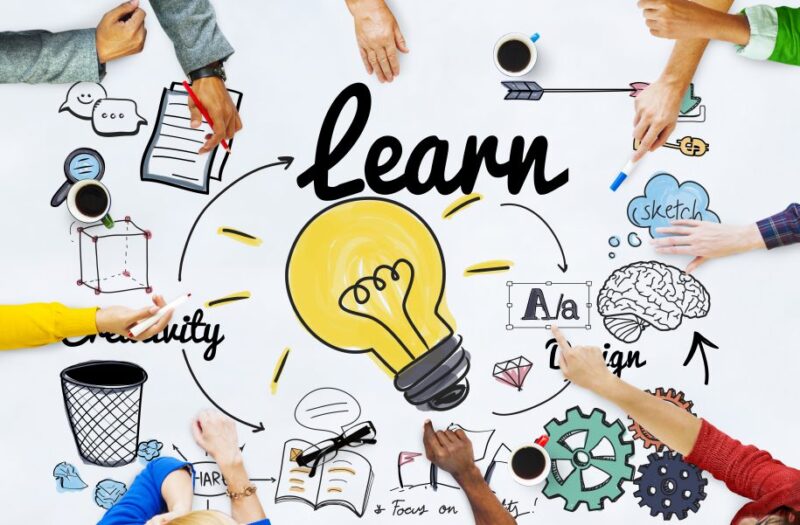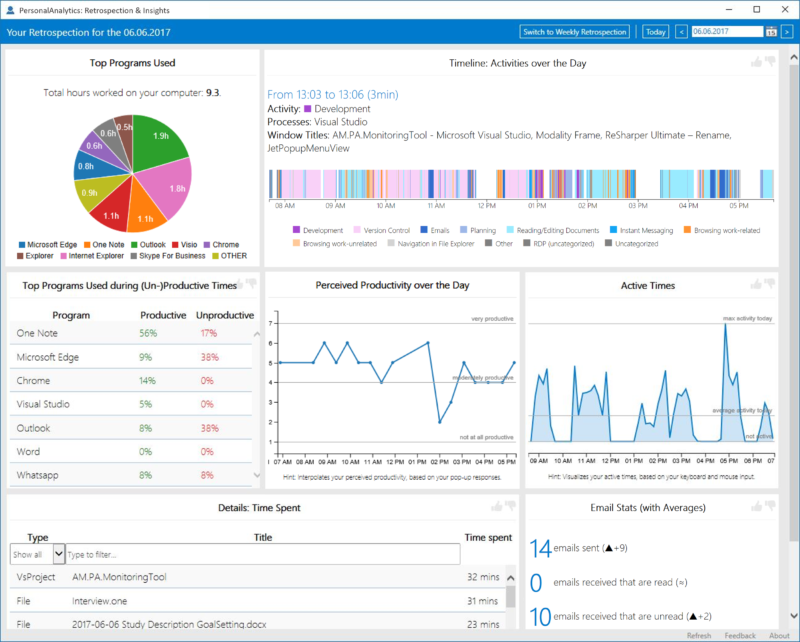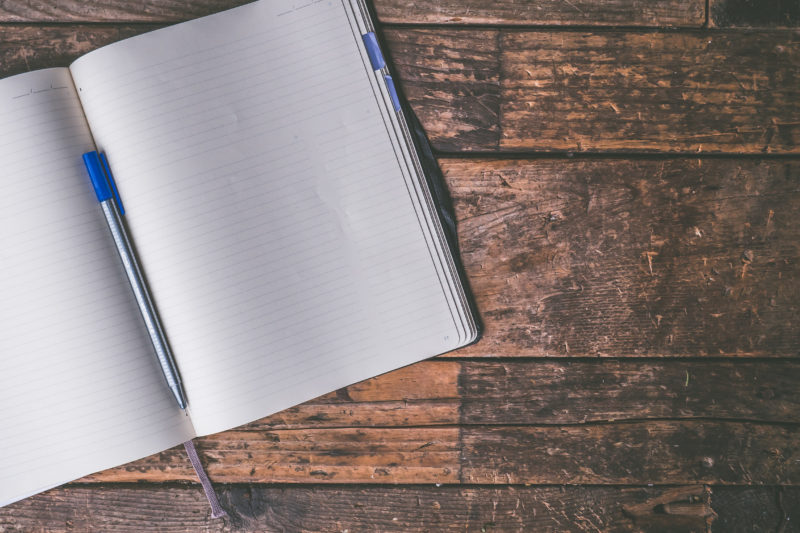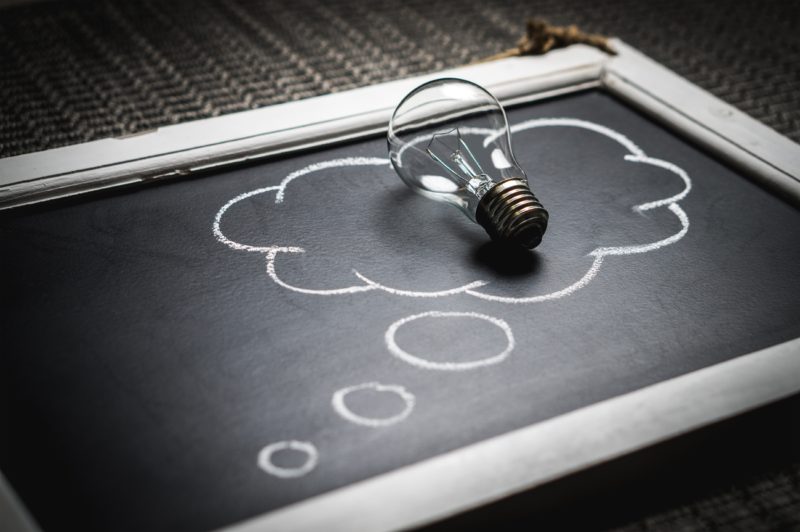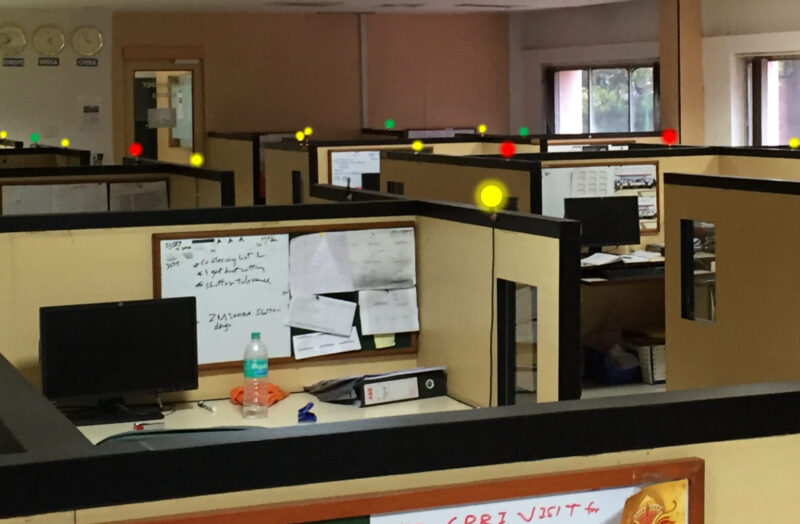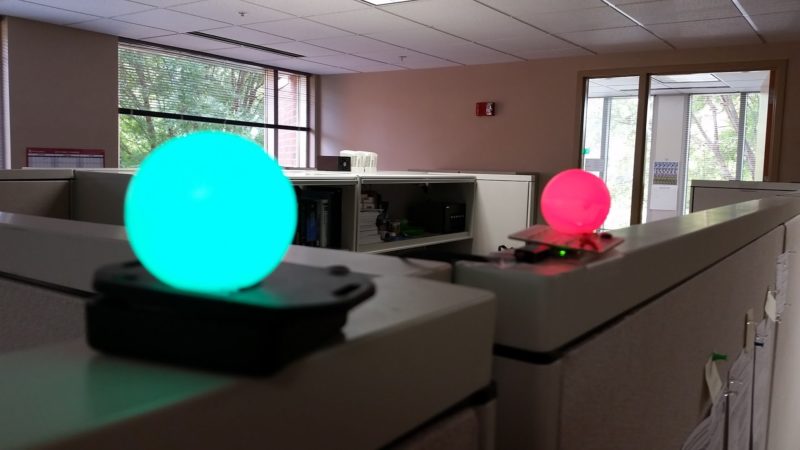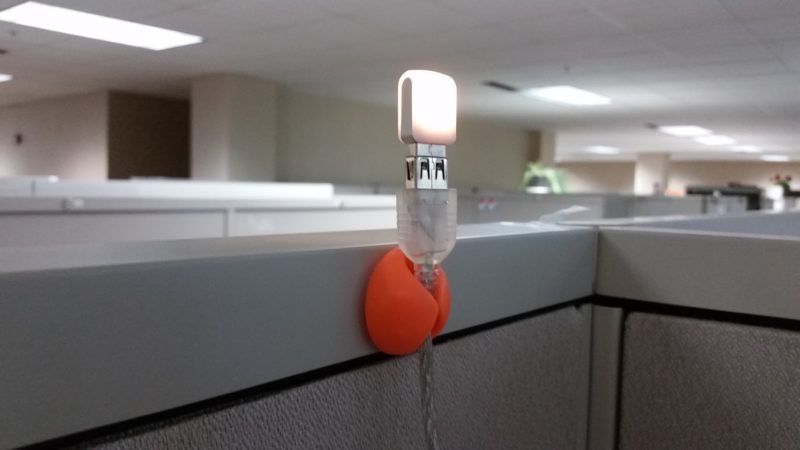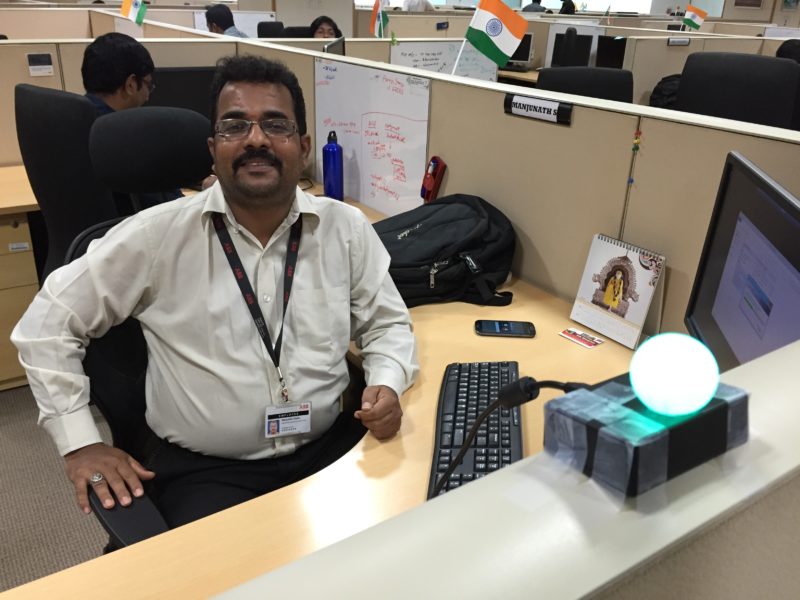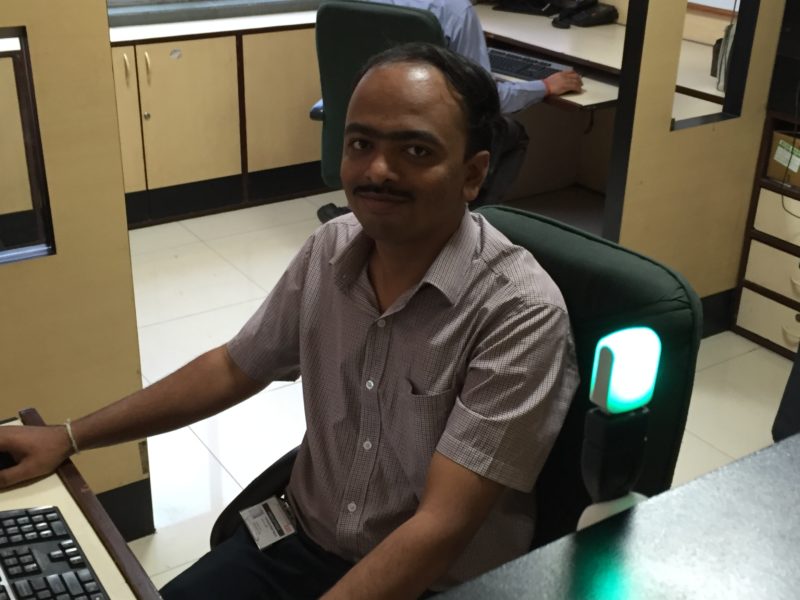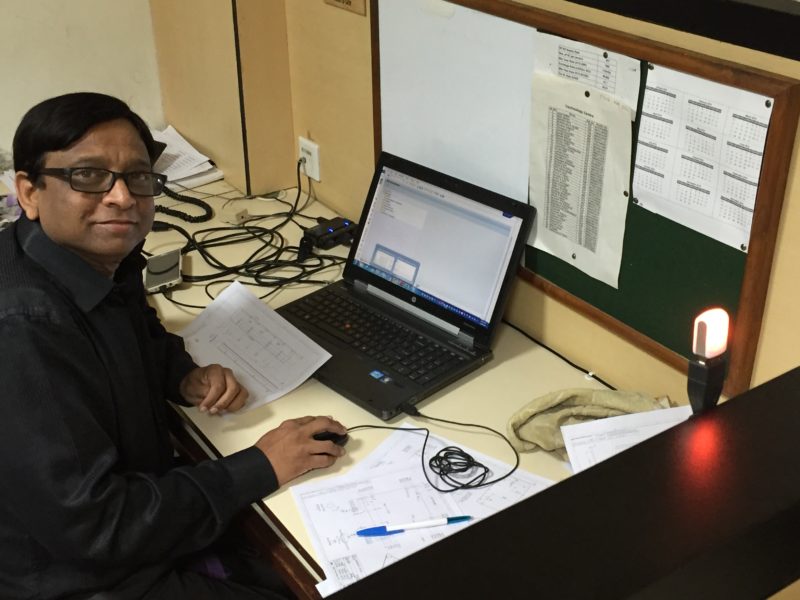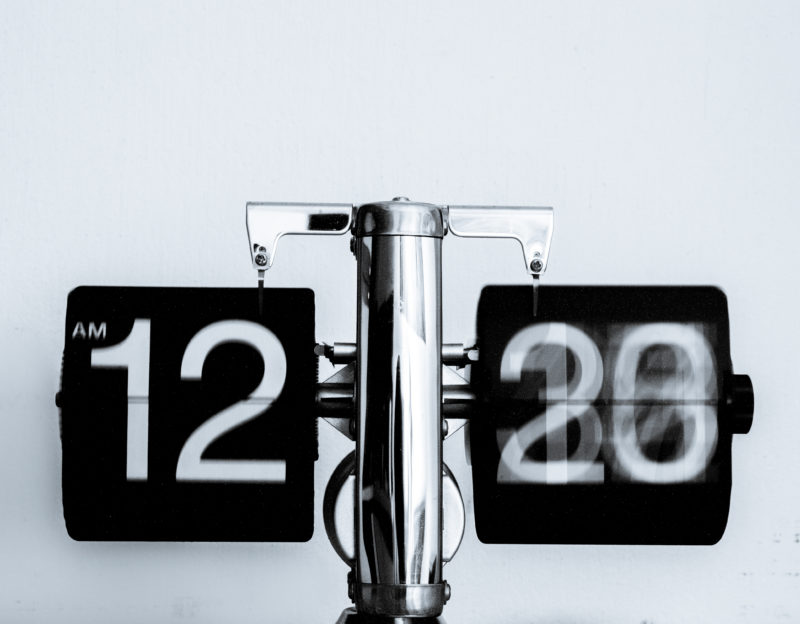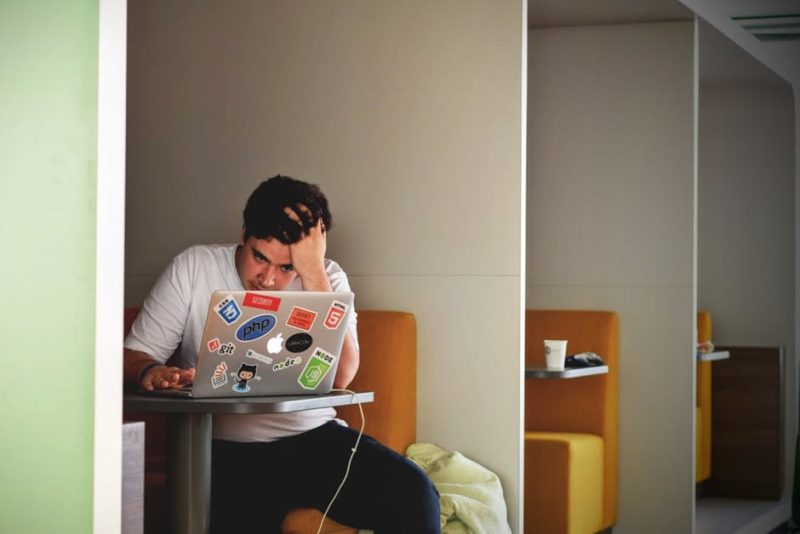I am excited to announce my first paper to the CSCW conference!
Abstract: One way to improve the productivity of knowledge workers is to increase their self-awareness about productivity at work through self-monitoring. Yet, little is known about expectations of, the experience with, and the impact of self-monitoring in the workplace. To address this gap, we studied software developers, as one community of knowledge workers. We used an iterative, user-feedback-driven development approach (N=20) and a survey (N=413) to infer design elements for workplace self-monitoring, which we then implemented as a technology probe called WorkAnalytics. We field-tested these design elements during a three-week study with software development professionals (N=43). Based on the results of the field study, we present design recommendations for self-monitoring in the workplace, such as using experience sampling to increase the awareness about work and to create richer insights, the need for a large variety of different metrics to retrospect about work, and that actionable insights, enriched with benchmarking data from co-workers, are likely needed to foster productive behavior change and improve collaboration at work. Our work can serve as a starting point for researchers and practitioners to build self-monitoring tools for the workplace.
Co-Authors: André N. Meyer (University of Zurich), Gail C. Murphy (University of British Columbia), Tom Zimmermann (Microsoft Research), Thomas Fritz (University of Zurich)
You can download the pre-print here.
PersonalAnalytics, our self-monitoring tool, is available on Github here.
